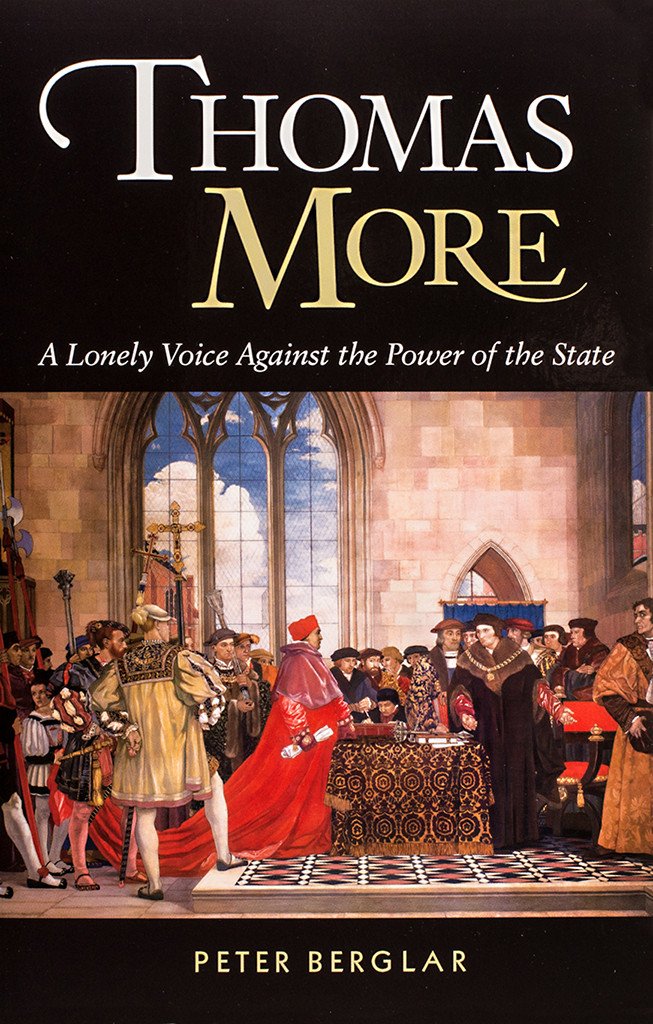Scepter
Thomas More: A Lonely Voice Against the Power of the State
Thomas More: A Lonely Voice Against the Power of the State
Couldn't load pickup availability
This book explores the conscience and motivation of one of the most admired persons in history: St. Thomas More. Most people know that Thomas More wrote a book called Utopia about a perfect society and got his head chopped off by King Henry VIII. But there was much more to the man. More not only occupied England’s most powerful position under the king as Lord Chancellor, but was also a devoted family man, a Renaissance figure of renown throughout Europe, and the author of works of apologetics as well as poetry, fiction and plays. Even while awaiting execution in the Tower of London, his multi-volume "Tower writings" poured out, evidence of his deep faith and life of prayer.
In Gulliver’s Travels, Protestant author Jonathan Swift named More among the six greatest defenders of liberty of all time, “to which all the ages of the world cannot add a seventh.” Erasmus praised him as one “born, created for friendship.” After his death, a popular tune sang the praises of his “gentle heart”:
When More some time had Chancellor been,
No more suits did remain;
The like will never more be seen Till More be there again.
Peter Berglar, who has written ten biographies including one of St. Peter, and one of the earliest studies of Opus Dei and its founder, St. Josemaría Escrivá, deals in this new translation of the original German with the ultimate question: for what is life not worth living? When must it be purchased at a price that could devalue and perhaps destroy it? “It has been repeated in every generation. There will never be a lack of idols and dictators who demand this sacrifice.”
Share


